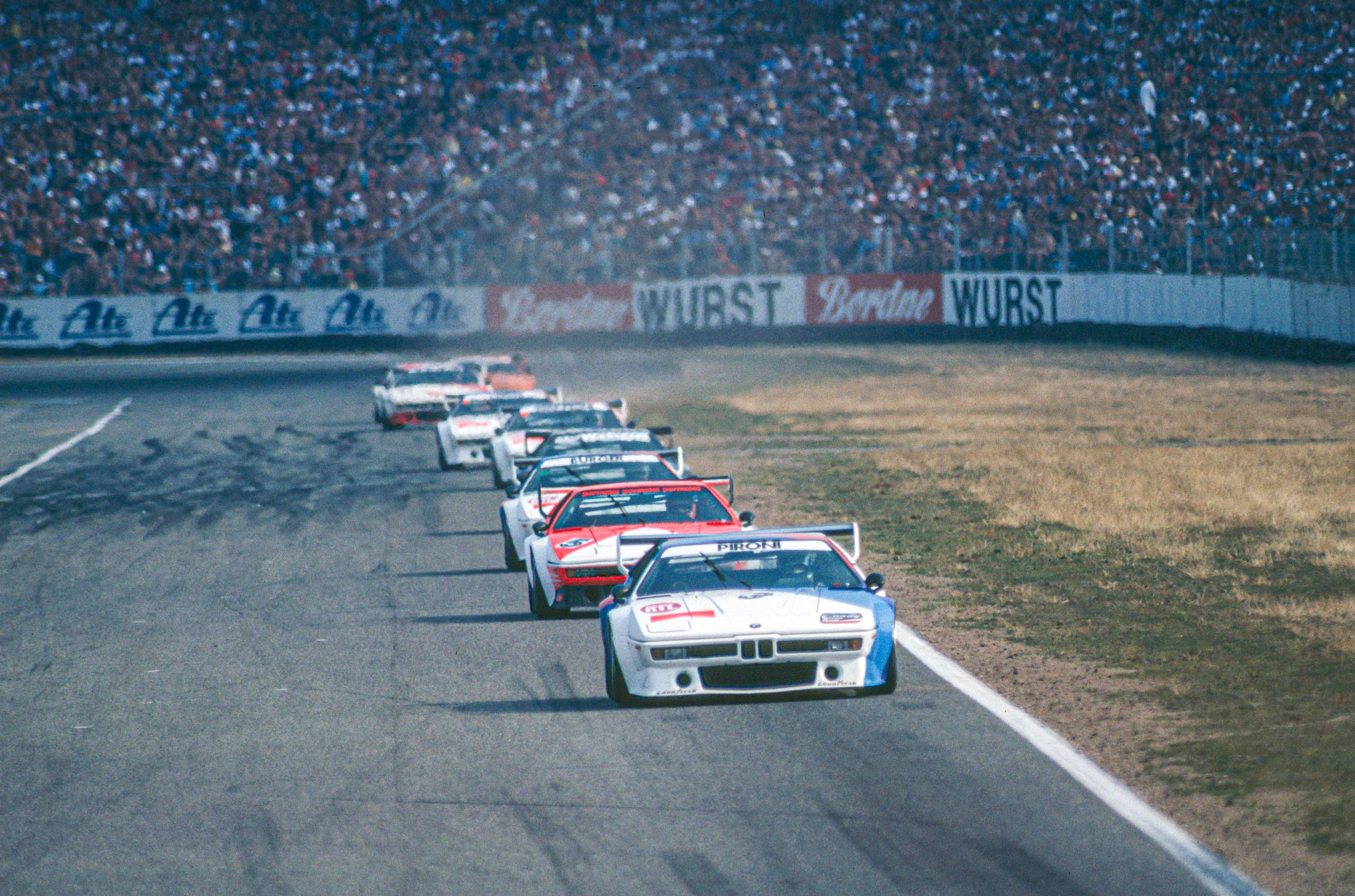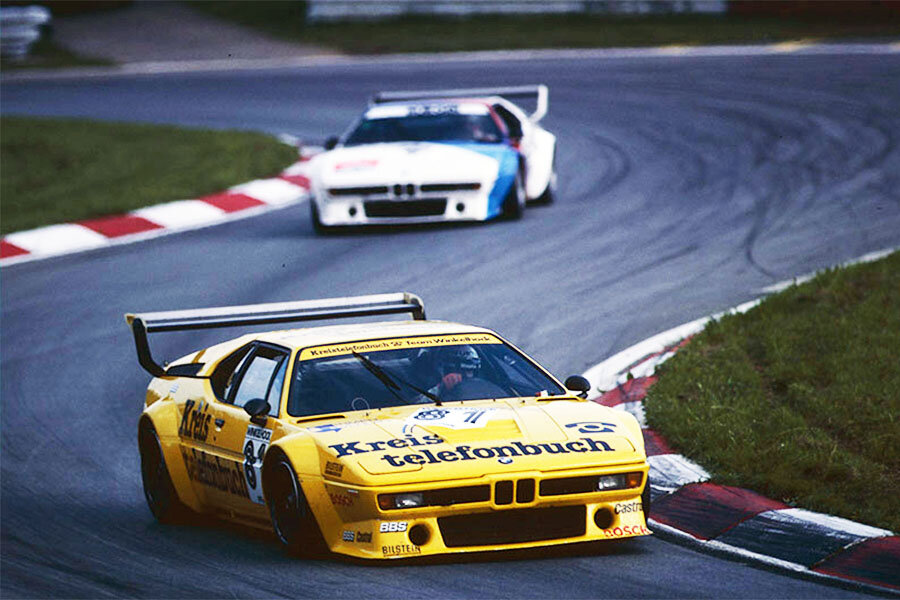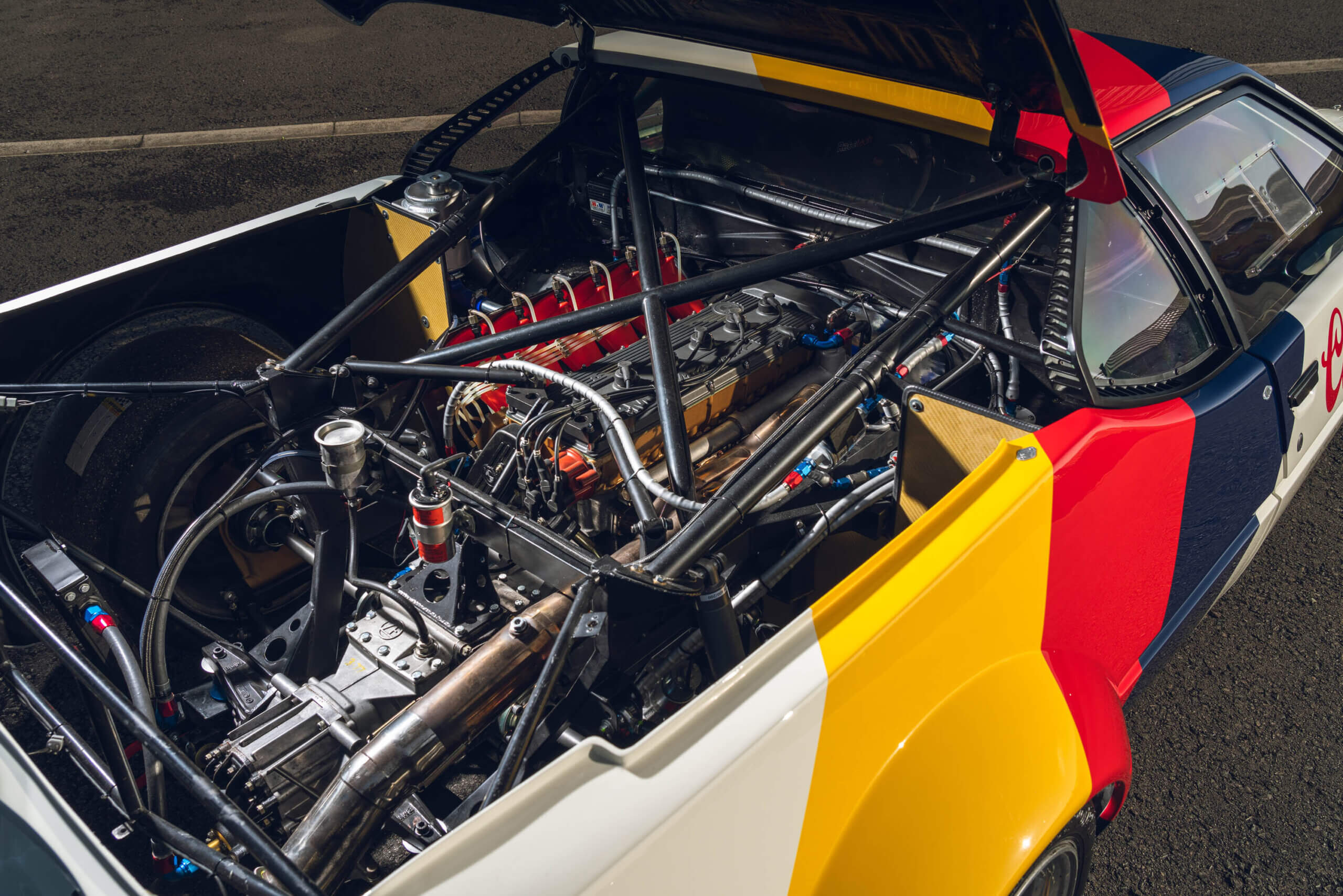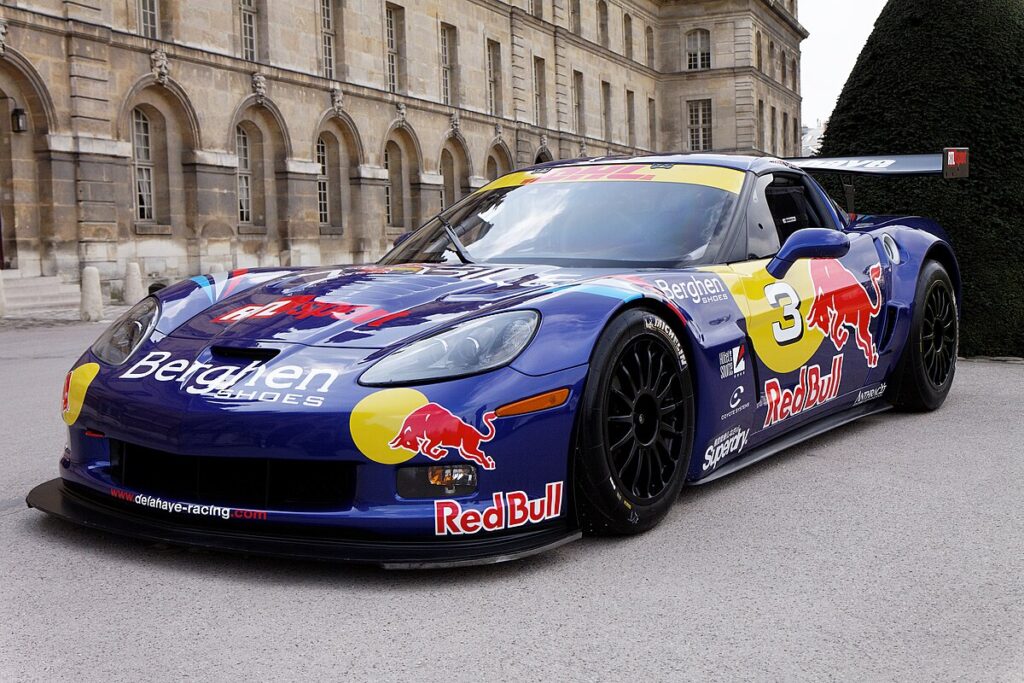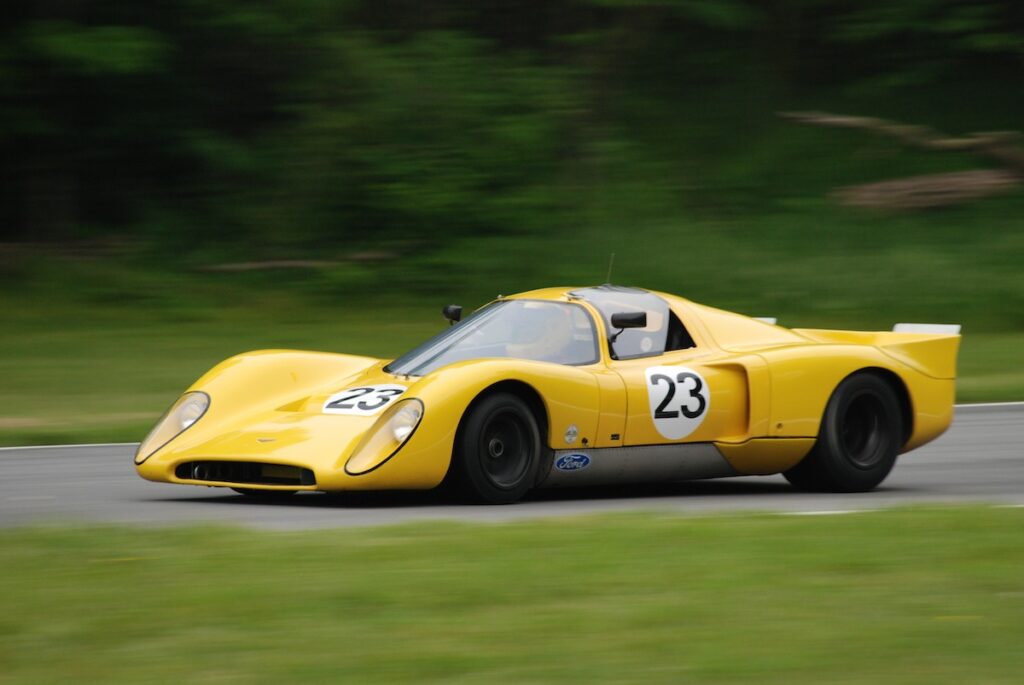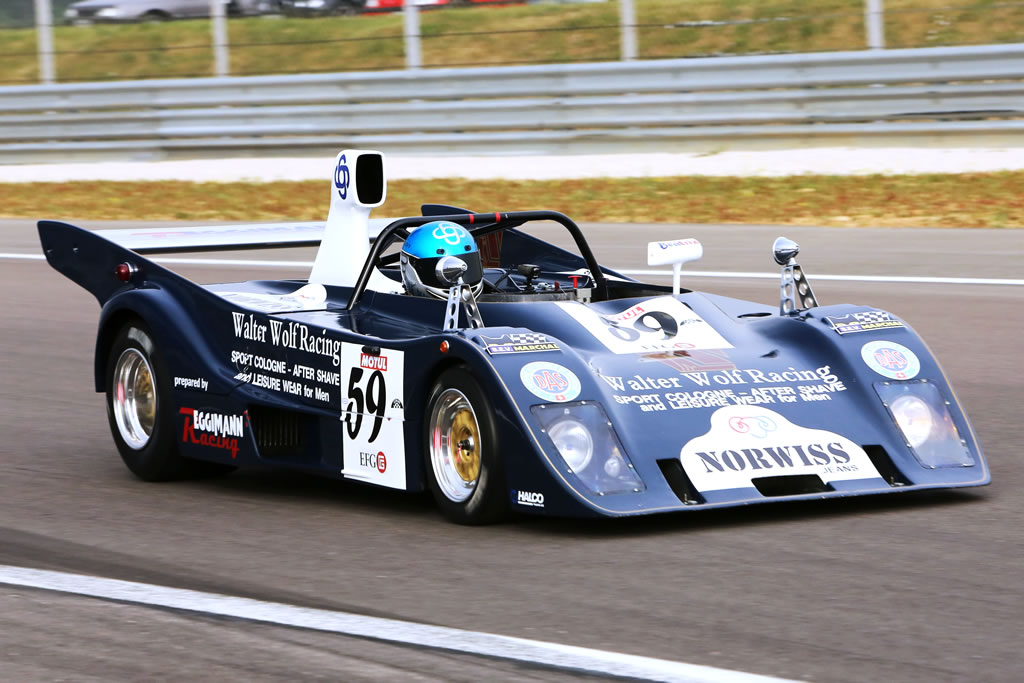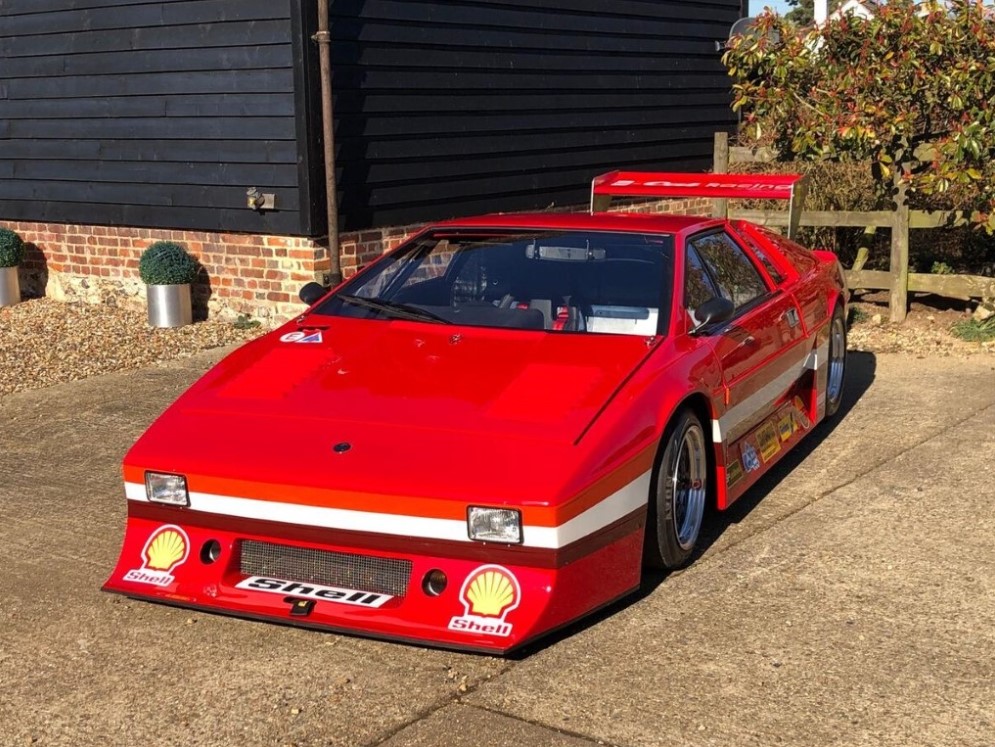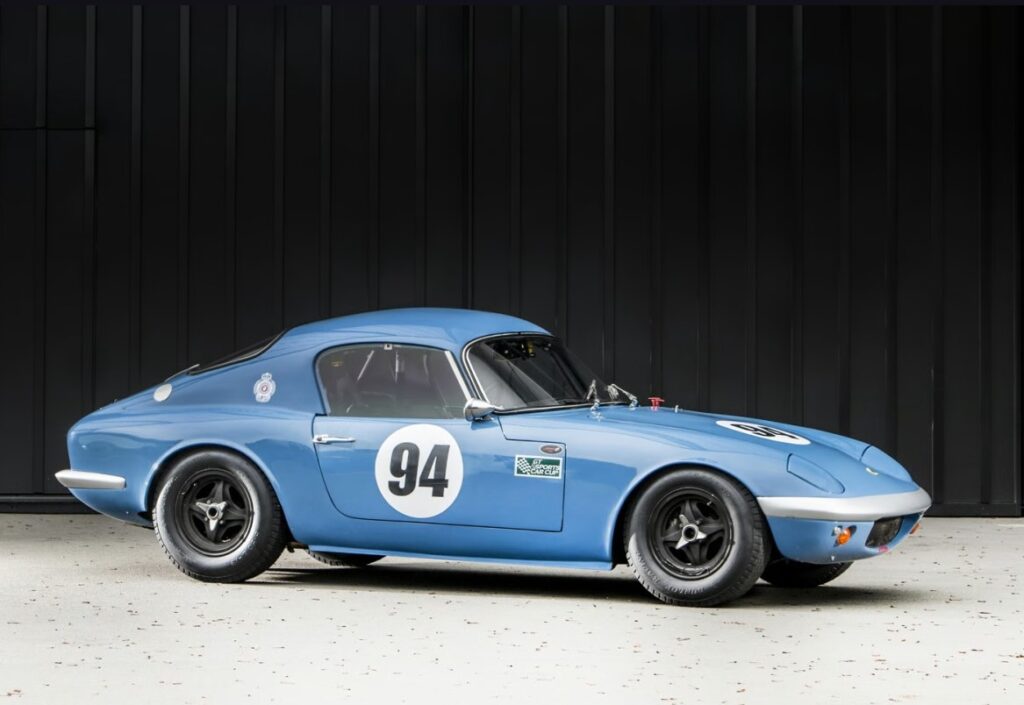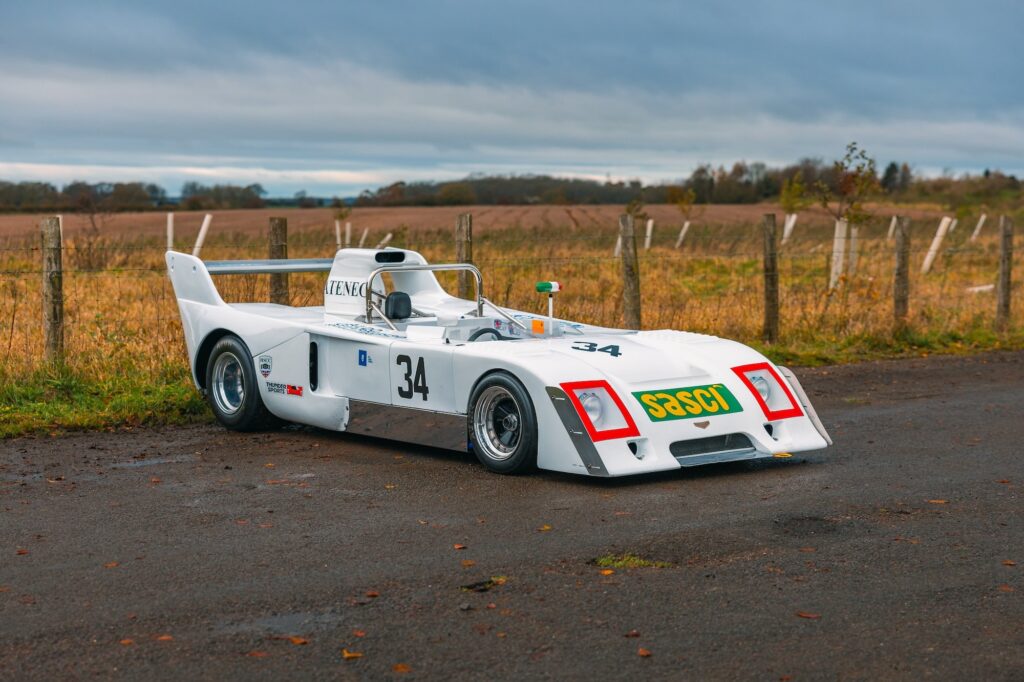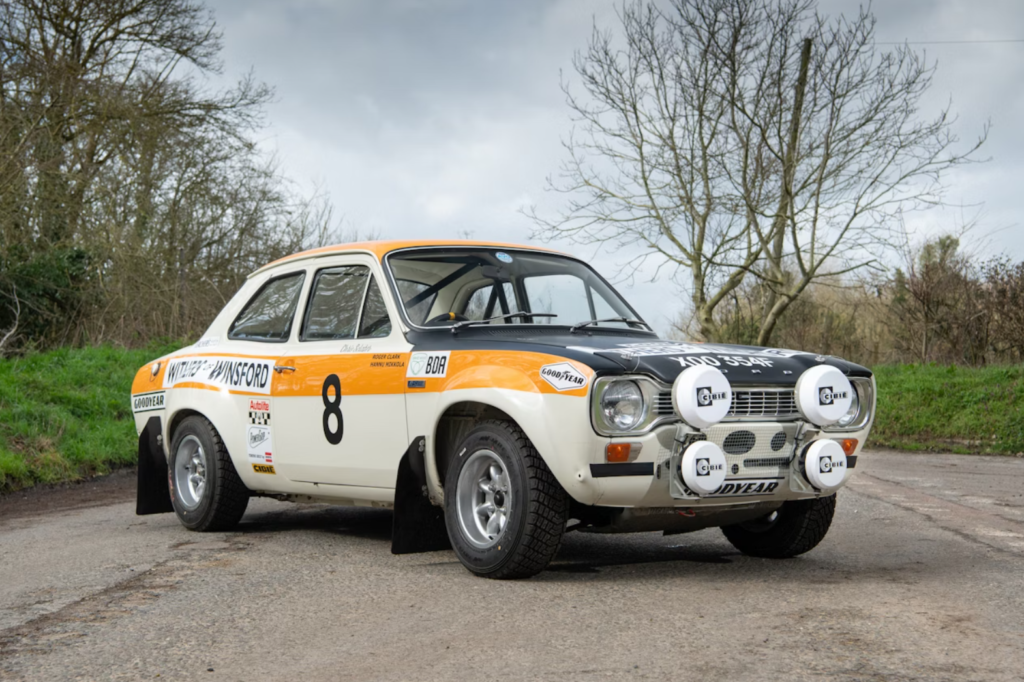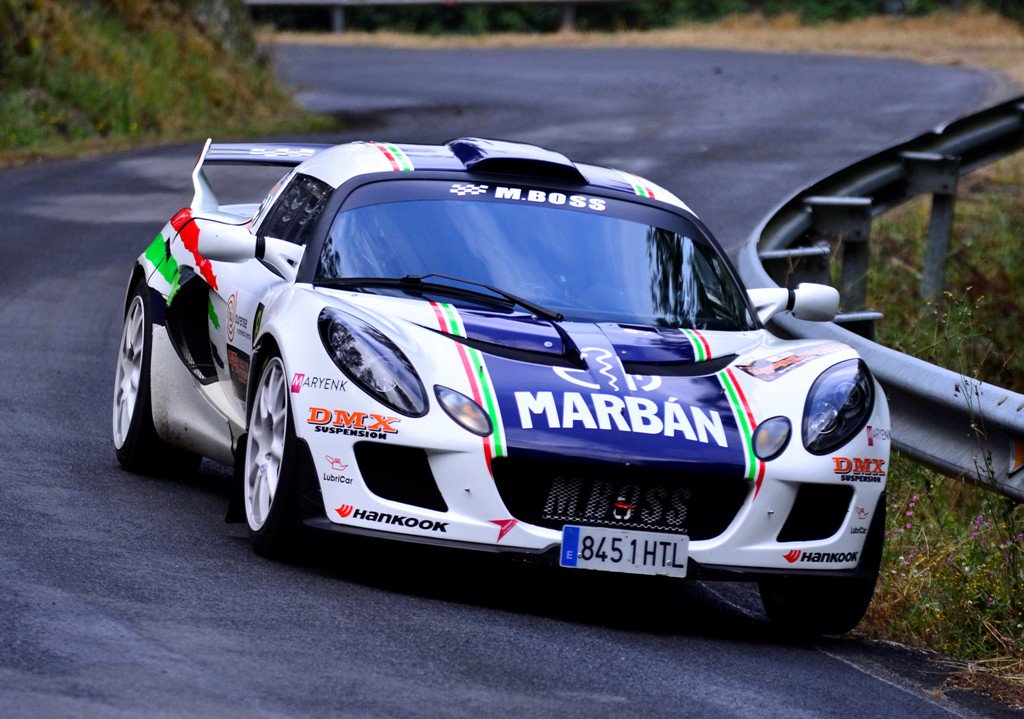1971 BMW M1 Procar
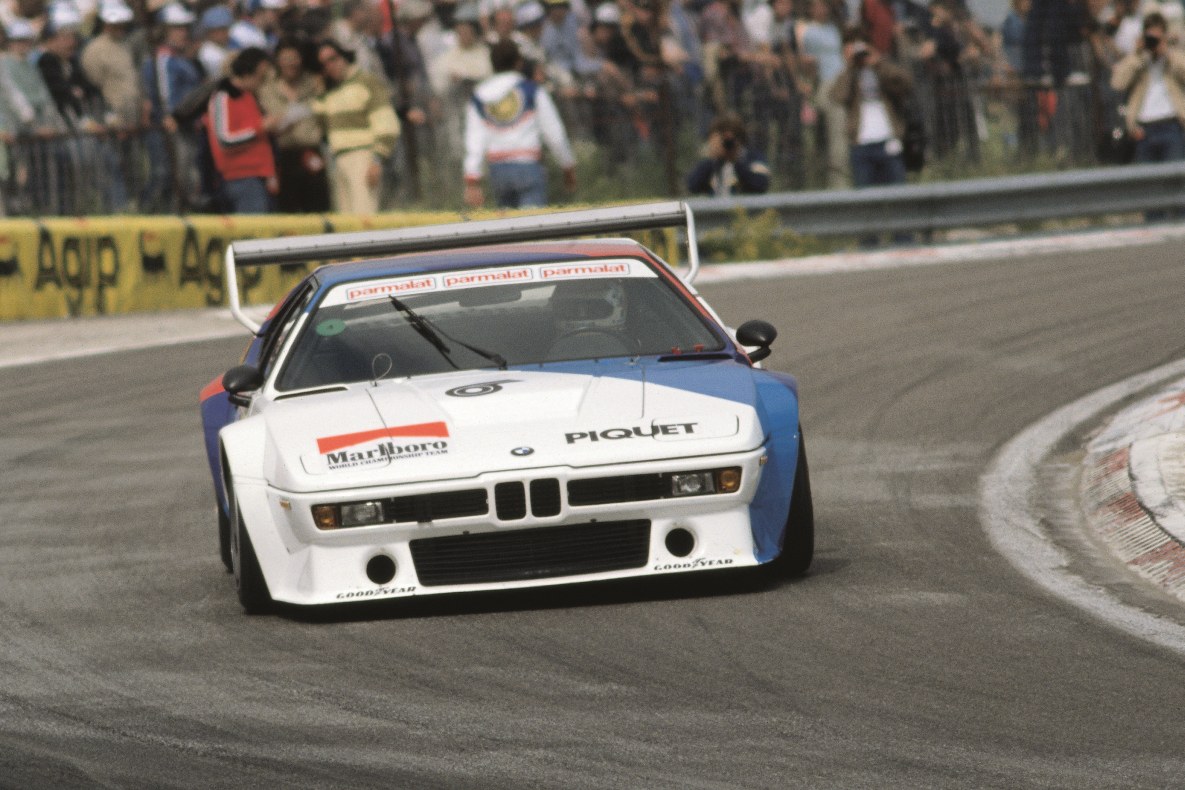
1971 BMW M1 Procar
Brand
BMW
Year
1971
Country
Germany
Generation
M1 I (E26)


1971 BMW M1 Procar
Brand
BMW
Year
1971
Country
Germany
Generation
M1 I (E26)
About this car
Discover the history
The 1971 BMW M1 Procar is a legendary racing version of the iconic BMW M1, specifically developed for the short-lived but highly memorable Procar Championship. The M1 Procar series, created in collaboration with Formula 1 in 1979, pitted professional Formula 1 drivers against privateers in identical, high-performance BMW M1 race cars. The series was instrumental in cementing the BMW M1’s status as a motorsport icon and showcased the engineering excellence of BMW’s Motorsport division.
The BMW M1 itself was originally conceived as a homologation special, designed to compete in Group 5 and Group 4 racing. Its creation was spearheaded by BMW Motorsport’s head, Jochen Neerpasch, and the car was engineered in collaboration with Lamborghini for its chassis and Italdesign for its design, led by famed designer Giorgetto Giugiaro. The road-going version of the M1 was a mid-engined supercar, a first for BMW, and featured a 3.5-liter inline-six engine derived from the BMW M88 unit.
The Procar version of the M1 was a track-focused machine built to compete in its one-make series. The M1 Procar featured a heavily modified version of the 3.5-liter inline-six engine, which produced around 470 horsepower, significantly more than the 277 horsepower of the street version. The engine was mated to a five-speed ZF gearbox and featured advanced mechanical fuel injection for optimal performance. With a top speed of around 190 mph, the M1 Procar was blisteringly fast for its time, and its performance on the track was highly competitive.
The chassis of the M1 Procar was significantly lighter than the road-going model, thanks to the extensive use of lightweight materials such as fiberglass and aluminum. The suspension was race-tuned, with independent wishbones, coil springs, and anti-roll bars at both the front and rear, providing exceptional handling characteristics that allowed drivers to push the car to its limits. Massive racing brakes were fitted, along with wider wheels and racing tires, to enhance cornering grip and braking performance.
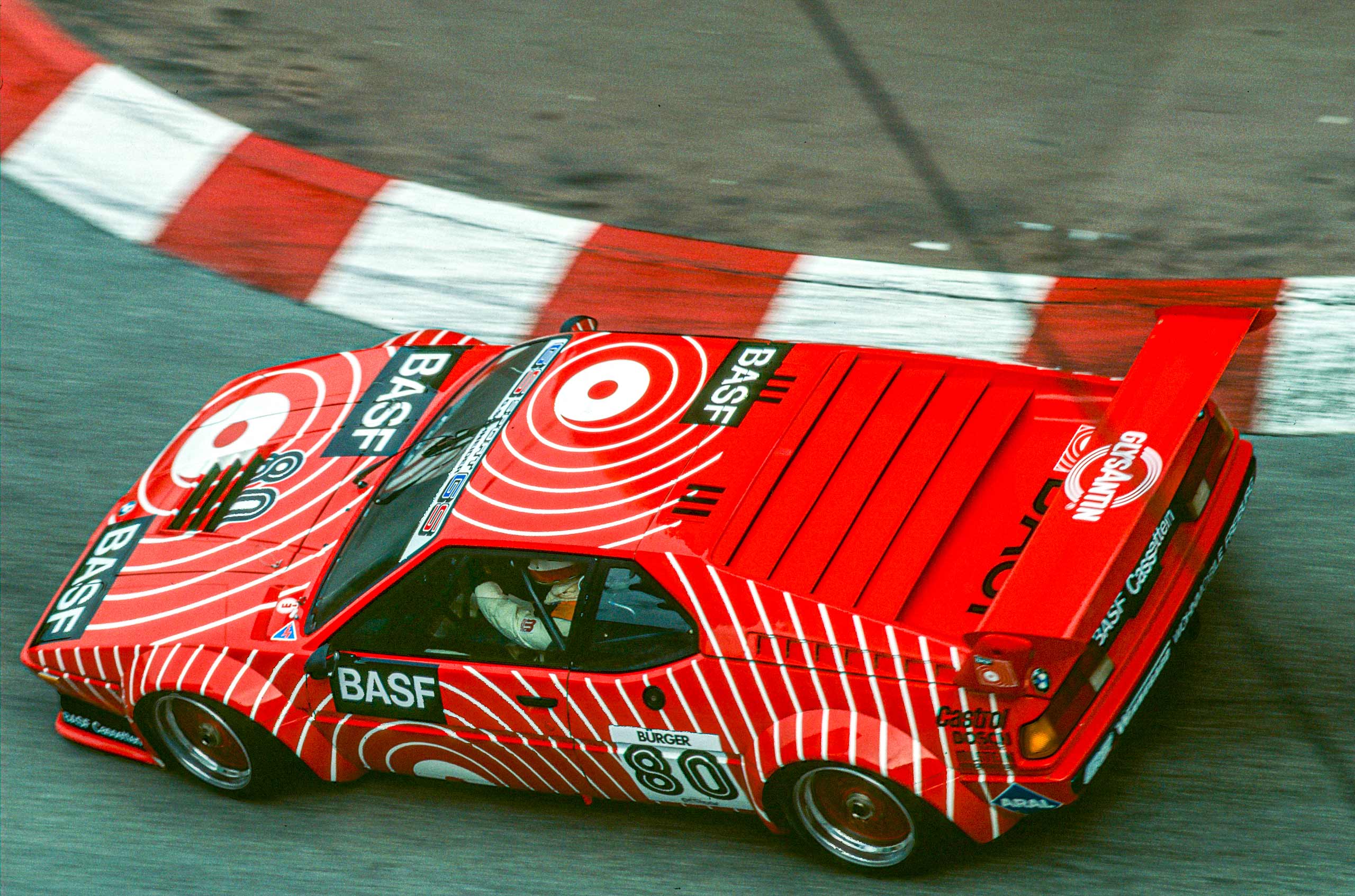
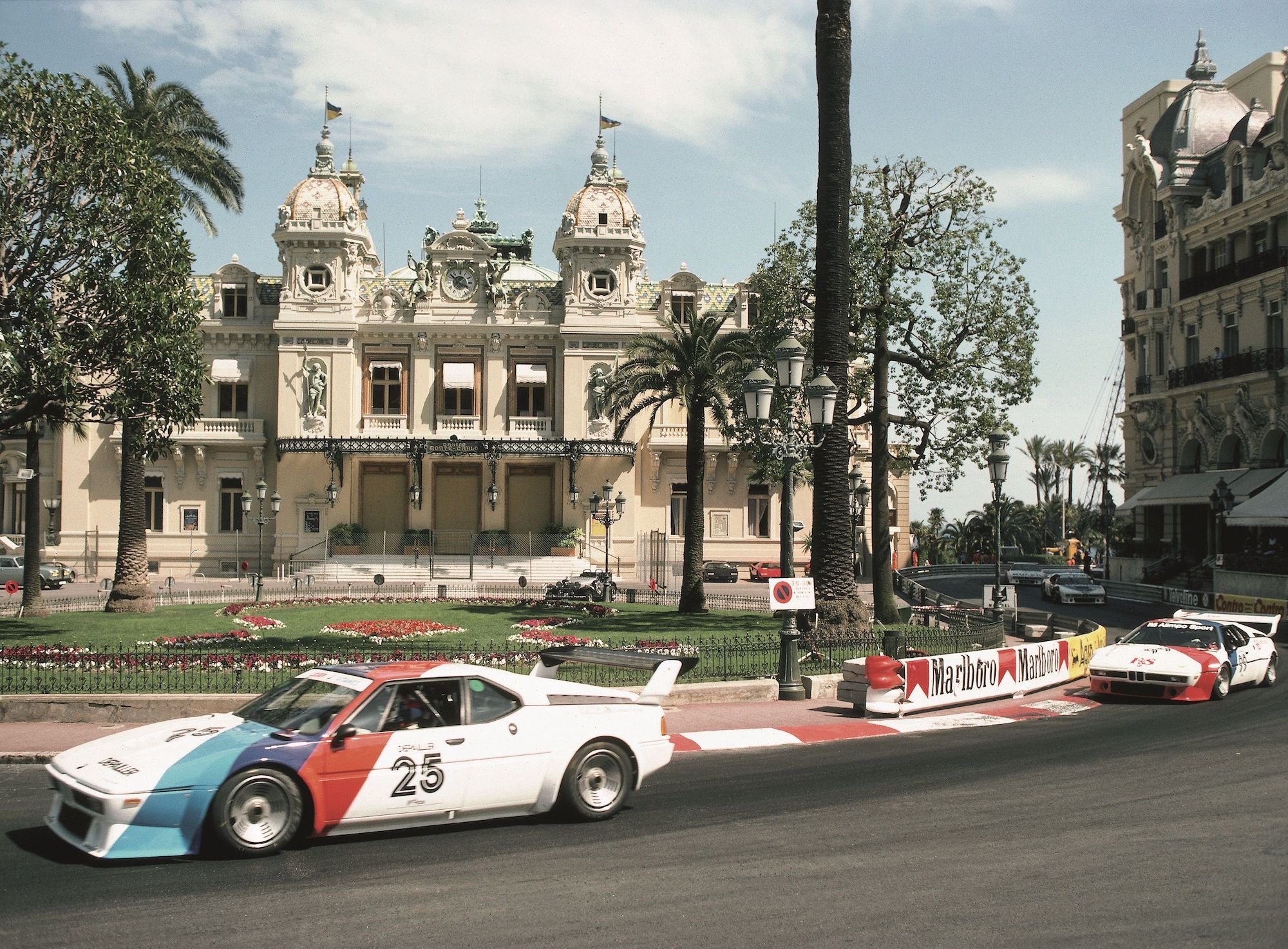
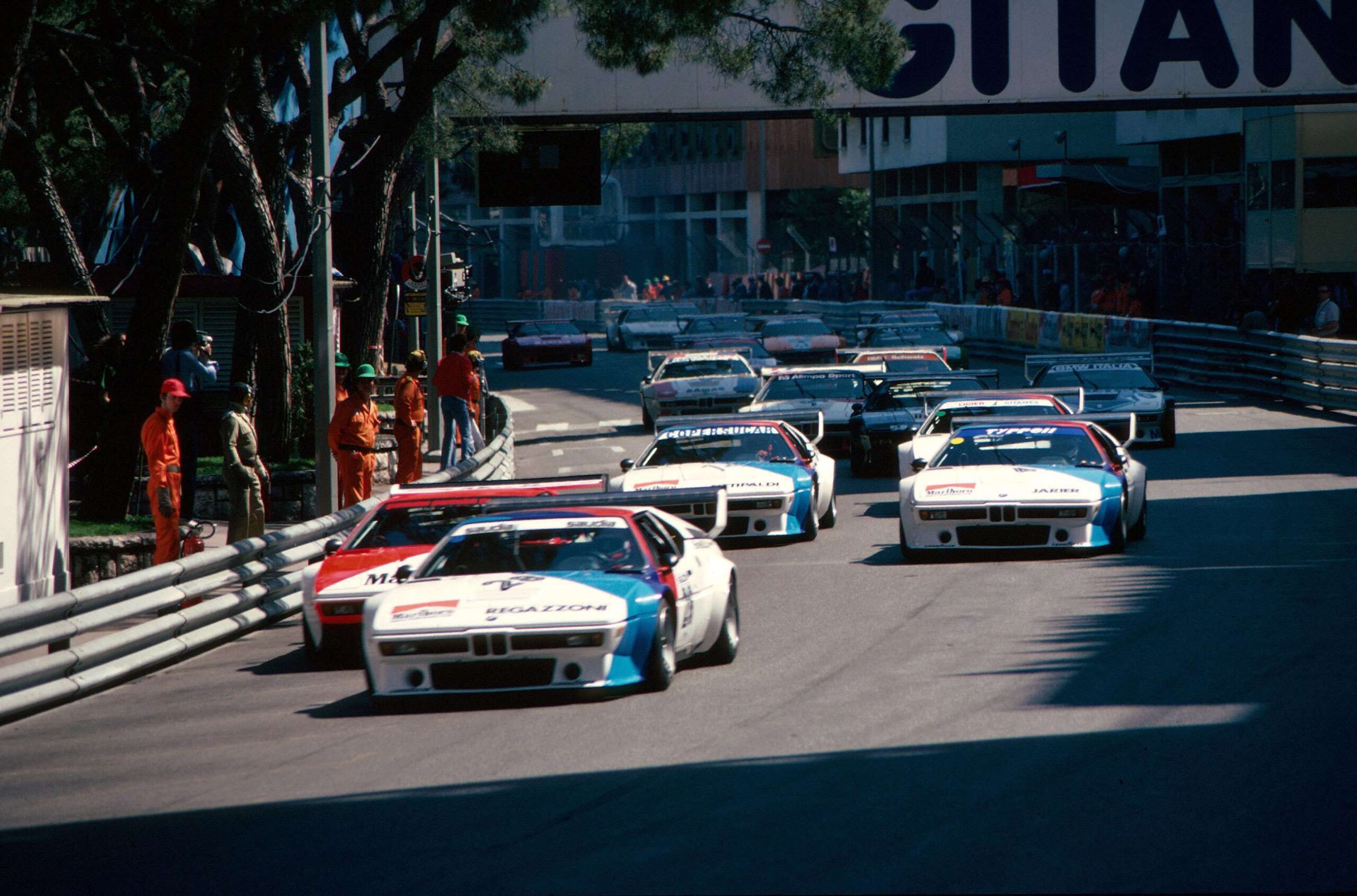
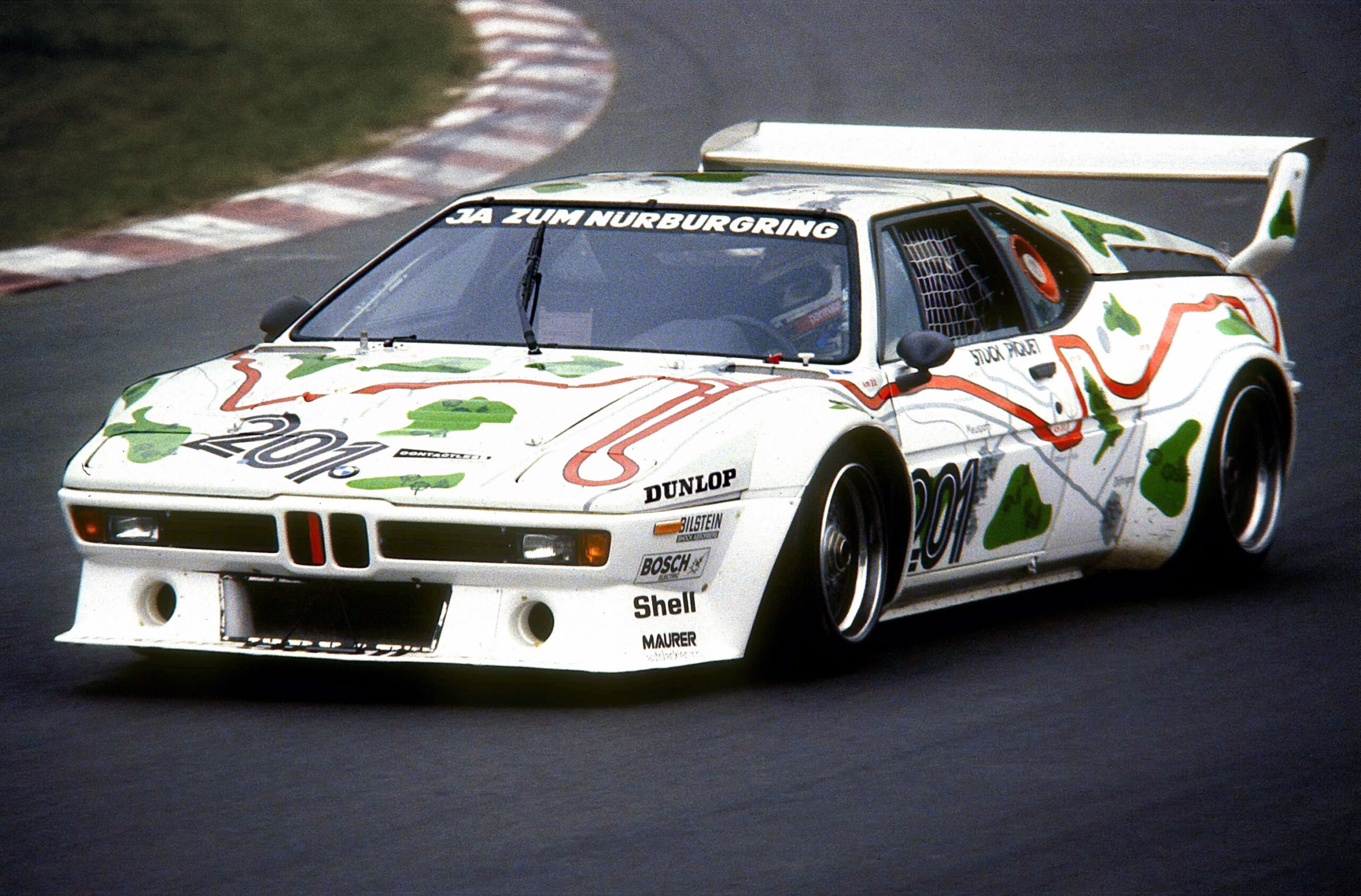
The Procar Championship itself became a sensation in its brief two-year run (1979–1980). Held as a support series for Formula 1 events, it attracted some of the biggest names in motorsport, including Niki Lauda, Nelson Piquet, and Mario Andretti, who relished the opportunity to race these high-powered, identical machines. The M1 Procar series was one of the most thrilling spectacles of its era, as the cars’ identical setups meant driver skill was the determining factor, leading to exciting and competitive races.
The aggressive styling of the M1, with its low, wide stance and sharp angles, was amplified in the Procar version. Aerodynamic enhancements like wider fenders, a large rear wing, and a front splitter gave the M1 Procar a menacing track presence. The cars were adorned with vibrant liveries from iconic sponsors, which added to their allure and historical significance.
Though the Procar Championship was short-lived, the M1 Procar’s impact on motorsport and car culture endures. It helped solidify BMW’s position as a dominant force in motorsport, and the M1 Procar remains one of the most coveted and admired race cars from the 1970s. Its blend of cutting-edge engineering, driver-focused performance, and stunning design ensures its place in the pantheon of classic racing machines.
